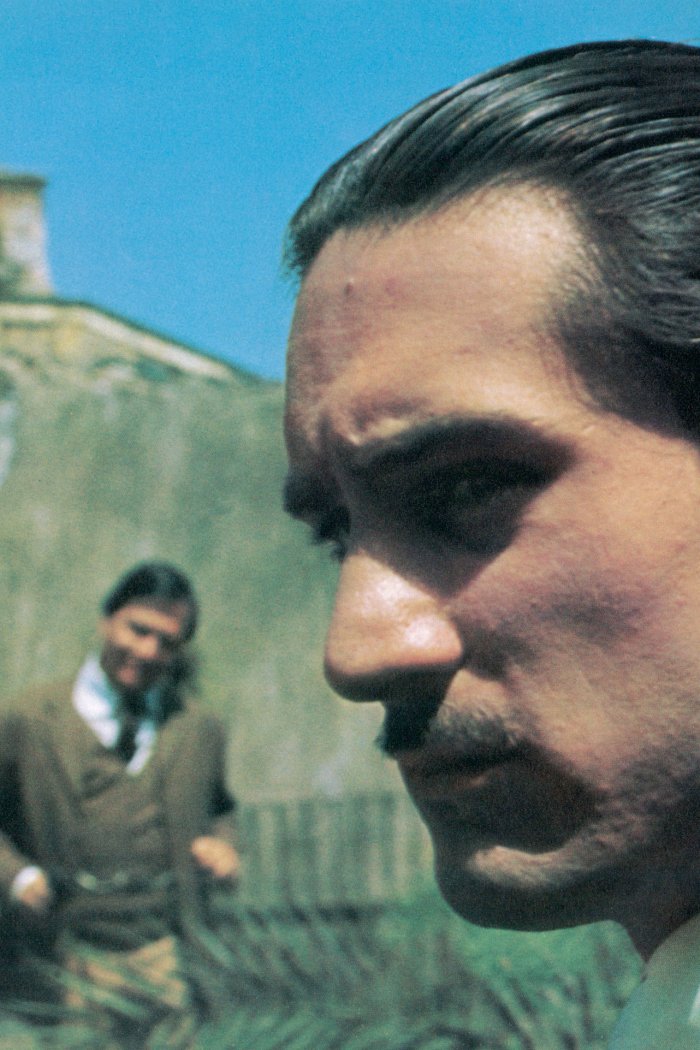Romantic comedies are generally designed to make us feel great. But sometimes, even as we’re wrapped in that cottony cloud of pleasure, we can’t help feeling just a wisp of melancholy. George Cukor’s blissful, wistful romantic comedy, adapted from a 1928 play by high-society playwright Philip Barry, echoes some of the biggest questions we ever ask ourselves as we make our way in the world: What do we want out of life? And who do we want around while we do it? Cary Grant is Johnny Case, a freewheeling sort who almost literally tumbles his way through his days. His plan is to retire young and have fun, and he thinks he’s in love with frosty heiress Julia Seton (Doris Nolan), a woman he barely knows and who he believes shares his values. But it turns out that Julia’s sister Linda (Katharine Hepburn) is his truest match. She’s not only stifled by the upper-crust life, she’s nearly broken by it, and Johnny represents a future of adventure she doesn’t dare hope for. Hepburn’s crisp, confident diction, the vocal equivalent of a long, arm-swinging stride, is one of her greatest trademarks. But even greater is her gift for expressing vulnerability, as she does in one of this movie’s pivotal sequences, a moment in which we see the flood of longing and confusion rushing beneath the surface of Linda’s professed confidence. In one of the greatest leap-of-faith metaphors ever put on film, Johnny and Linda—in full New Year’s Eve formal garb—execute a dual gymnastic flip, tipping over a couch in the process and landing side-by-side with a graceful flourish. It’s in this moment that we, and they, know they’re perfect for one another, and their hard-won happily-ever-after is the privilege of stepping out together into an uncertain world.
- Cybersecurity Experts Are Sounding the Alarm on DOGE
- Meet the 2025 Women of the Year
- The Harsh Truth About Disability Inclusion
- Why Do More Young Adults Have Cancer?
- Colman Domingo Leads With Radical Love
- How to Get Better at Doing Things Alone
- Michelle Zauner Stares Down the Darkness




